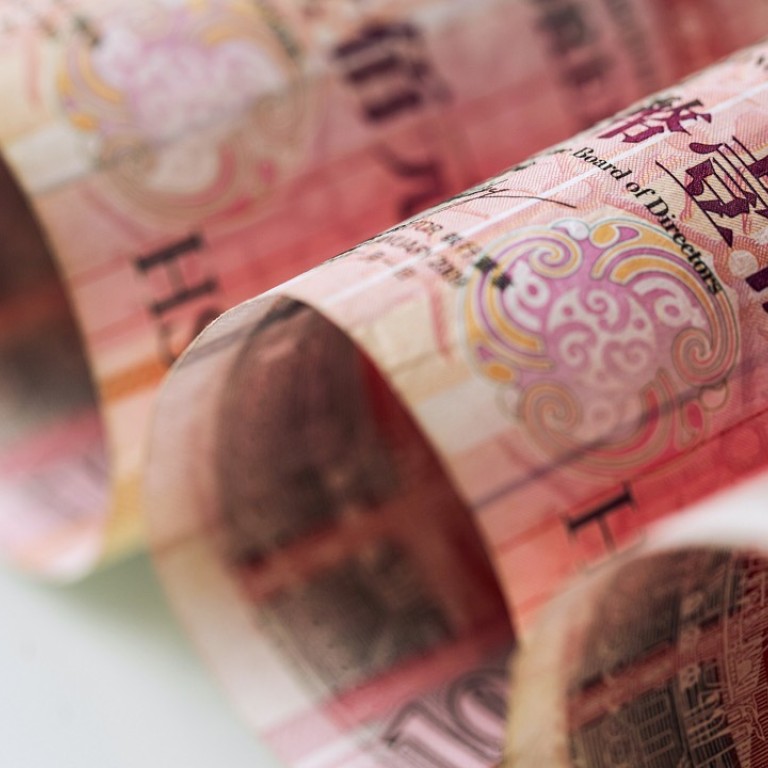
No manipulation at HKMA in managing its currency peg
The core of any currency board system is a commitment – in law or in practice – to the triad of a fixed exchange rate, full convertibility of banknotes and banks’ reserve deposits into the anchor currency at the fixed rate (or within some narrow band around it), and 100 per cent foreign currency reserve assets to cover the banknotes issued and banks’ reserve deposits. As an external member of the HKMA’s currency board committee, I can attest that there has been no departure from these principles by the HKMA.
Mr van der Kamp wrongly accuses the HKMA of manipulation. Also, his statement that the HKMA “bought up the inflows directly in exchange for various forms of IOU paper totaling some HK$1.2 trillion in addition to the HK$350 billion backing of the banknote issue” is simply not correct. HKMA purchases always show up as assets on its balance sheet.
Over the past several years since 2008, the HKMA bought US dollars from the banks – never HK dollar IOUs of any sort. Whenever the market rate was stronger than 7.75, banks in Hong Kong found it cheaper to acquire HK dollars at 7.75 from the HKMA – as promised under the Convertibility Undertaking – in exchange for US dollars, rather than from the market. So the HKMA only ever acquired US dollar assets (not “various forms of IOU paper”) in exchange for providing HK dollar deposits to the banks. No manipulation here.
The vast majority of the assets acquired by the HKMA remained in US dollars, in conformity with the principles above, and the HKMA continued to hold US dollar assets far in excess of 100 per cent of its currency board liabilities.
Separately, on the liability side of the HKMA’s balance sheet, it is desirable that all components of the monetary base should be interchangeable as far as possible. In Hong Kong, banks have generally shown a preference for holding Exchange Fund Bills and Notes over deposits at the HKMA, and the system has accommodated this demand to some extent with occasional new issues of such bills and notes. In effect, banks are free to choose – to a degree – the form in which they hold HKMA liabilities. In a broad sense, the demand for the Exchange Fund Bills and Notes is bank-driven, not HKMA-driven.
Calling the Hong Kong system “banana republic manipulation” is a gross misrepresentation of one of the strongest, most transparent and principled monetary mechanisms in the world.
John Greenwood, chief economist, Invesco

